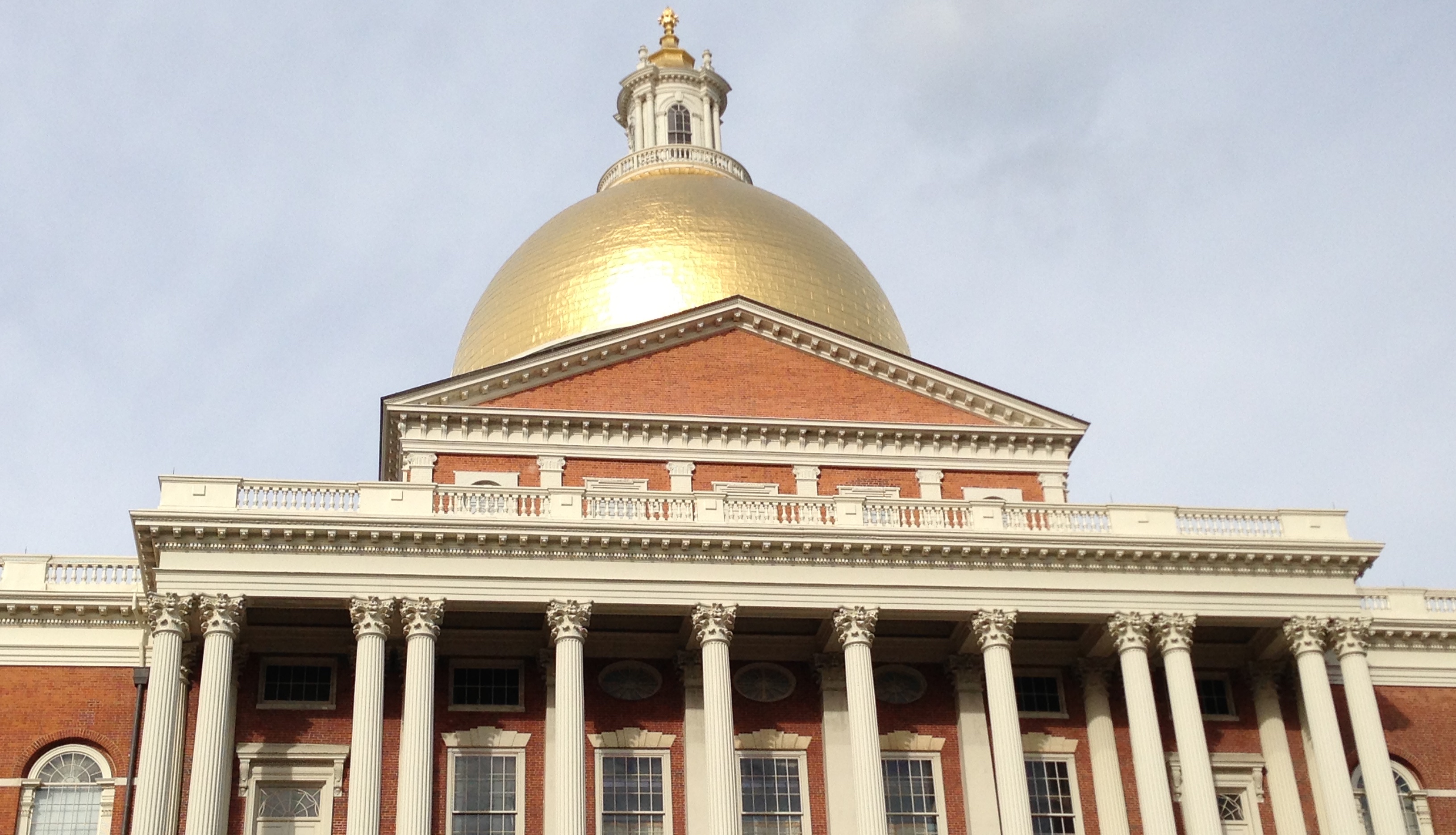Concord Bridge
State Senator Michael J. Barrett (D-Third Middlesex) describes himself as a “child of Camelot” whose passion for public service was first awakened by the idealism of John F. Kennedy. Barrett has represented Concord, as well as Bedford, Carlisle, Chelmsford, Lincoln, Waltham, Weston, and a large part of Lexington and Sudbury since being elected to 2012. He also served an earlier stint as a state senator for Cambridge and as a state representative for his hometown of Reading.
Barrett likens his work as a state senator to being a jack-of-all-trades, handling everything from individual complaints such as frustration with commuter rail and bus service,to going to bat for local businesses, for instance, helping Plug Power, a Concord based supplier of green hydrogen, bid for special storage incentives, and legislating on climate change as the Senate’s chair of the Climate Policy Committee.







